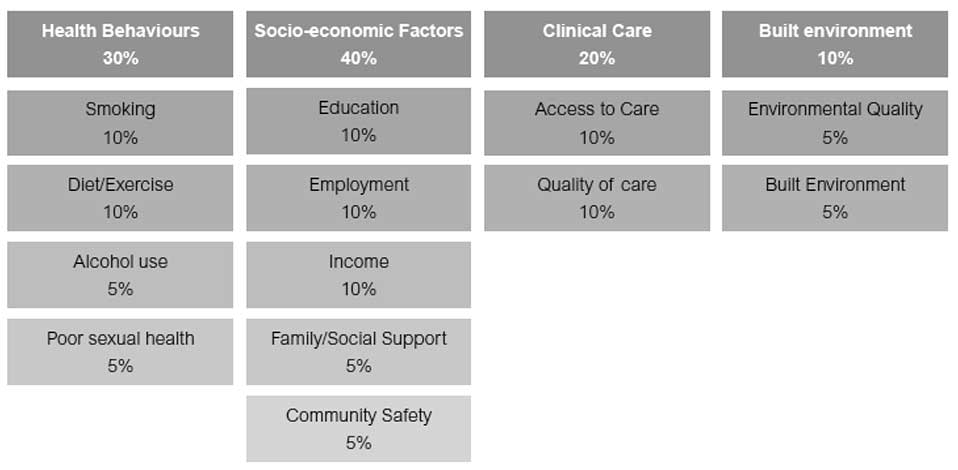29 March (Part 2) - Bexley’s health strategy
 The amalgamation of Bexley’s police with Greenwich and Lewisham
was not the only subject on the Agenda at Tuesday’s Scrutiny meeting although it
was perhaps the only item of widespread interest. There was very little else to
capture the imagination but the following bits and pieces caught my attention.
The amalgamation of Bexley’s police with Greenwich and Lewisham
was not the only subject on the Agenda at Tuesday’s Scrutiny meeting although it
was perhaps the only item of widespread interest. There was very little else to
capture the imagination but the following bits and pieces caught my attention.
The Director of Public Health, Dr. Anjan Ghosh, said that the biggest impact on
health were socio-economic factors like education, employment and income closely
followed by behaviour; smoking, diet, alcohol consumption etc.
He had produced a ‘System Wide Bexley Prevention Strategy’ to improve the
borough’s health across all fronts. Councillors Alan and Ros Downing both thought
it was so big, “a huge, huge machine”, that it might be near impossible to
implement and certainly take five years or more. Coordinating all the Council
departments, “including police, licensing and planning“, impacted could pose a massive
problem “and cost a lot more money”.

Dr. Ghosh and the Director of Adult Care gave spirited defences of the strategy
largely based on the fact that a lot of it is already in place. Maybe it is not
a new strategy after all but just a bit of empire building to justify the new
director’s post. (Appointed September 2017. £98,616 p.a plus £4,683 allowance.)
Among other items of interest that popped up during the remaining 35 minutes were…
• In common with the rest of the country teenage pregnancies in Bexley have halved since 2010.
• Late diagnosis of HIV in Bexley is among the very worst in the whole country
and has not improved since 2013.
• Bexley’s Stop Smoking Team is the most successful in London
with 56% of referred smokers managing to quit. (444 out of 800.)
• 247 Bexley children are in care, 186 of them being aged ten or over.
• 144 children under five are awaiting autism assessment. (Councillors said
that figure was very disappointing.)
• 80% of Bexley’s special schools are judged good or outstanding against a national average of 94%.


